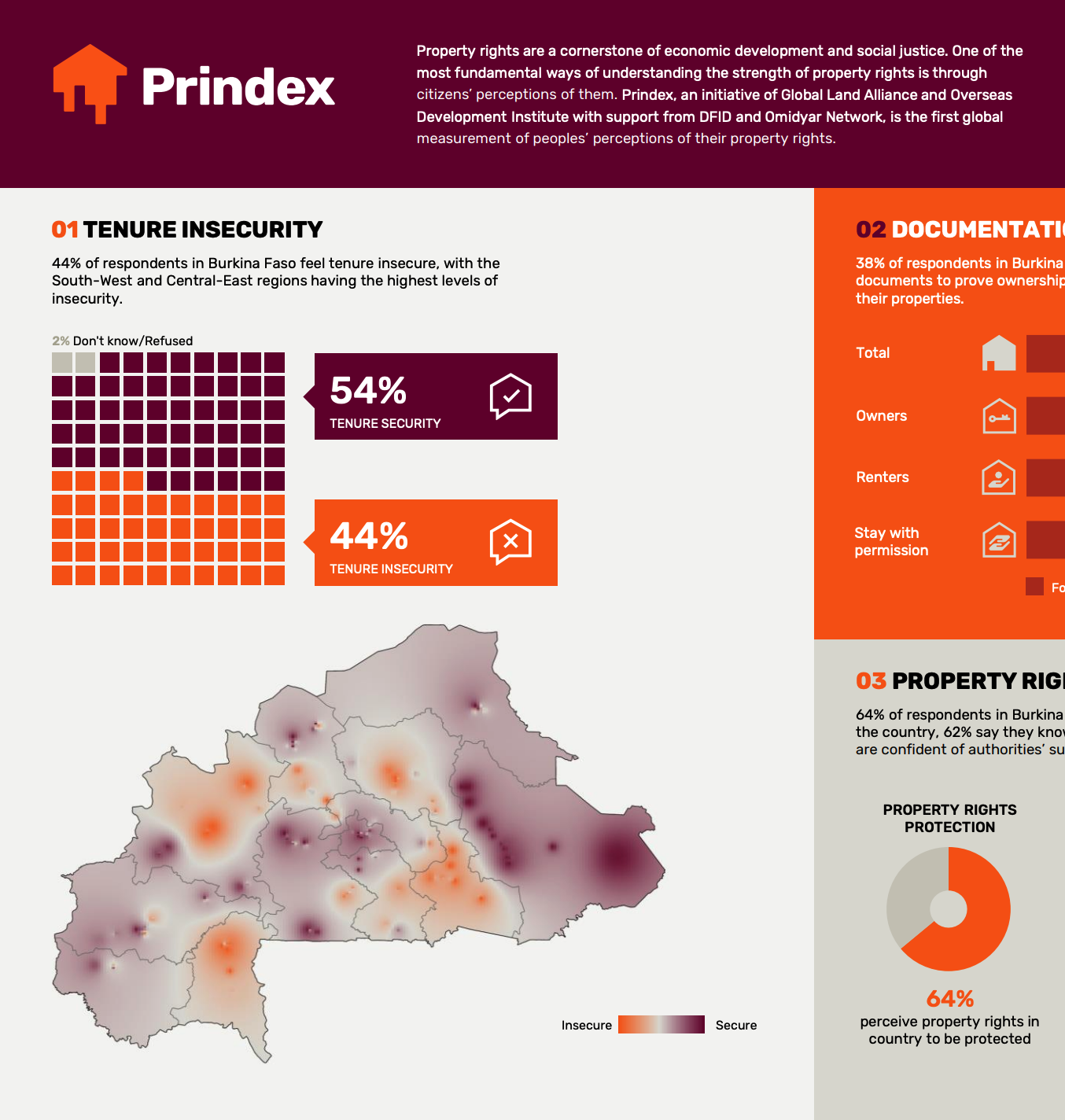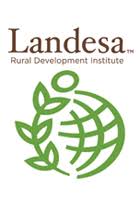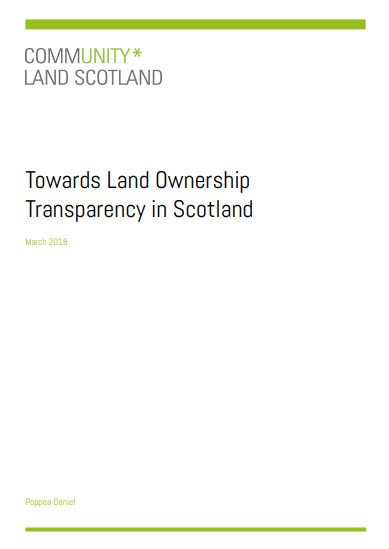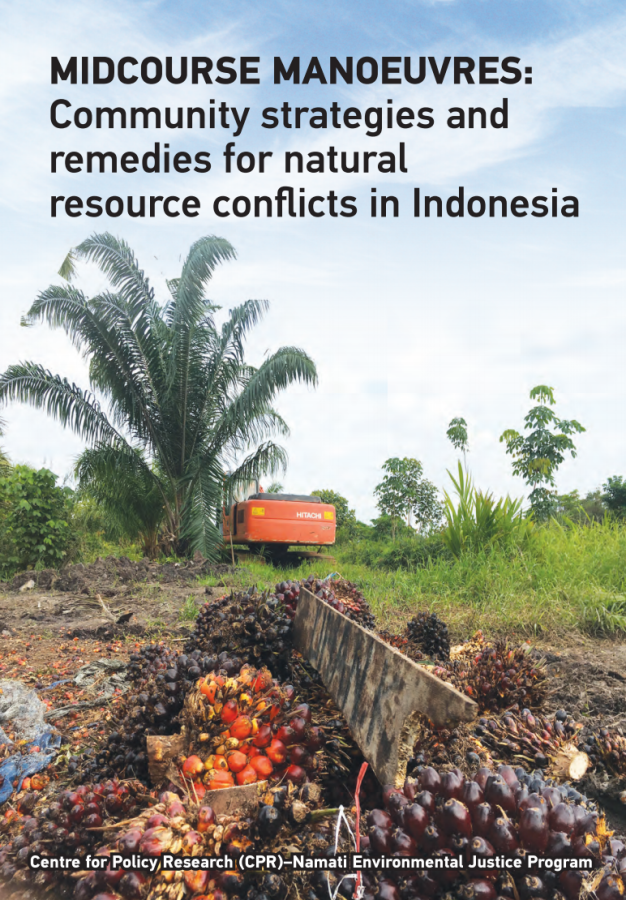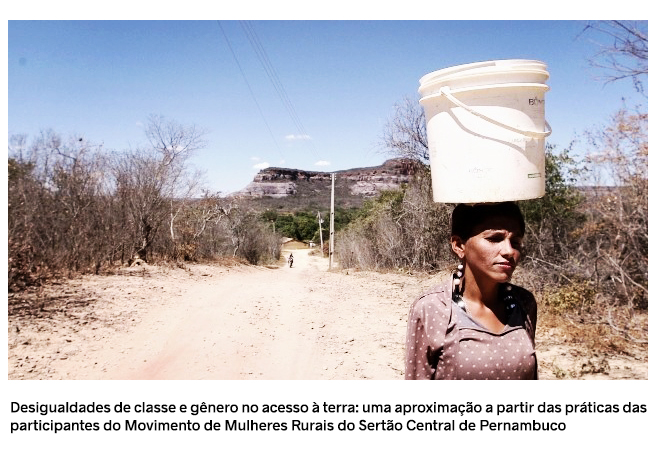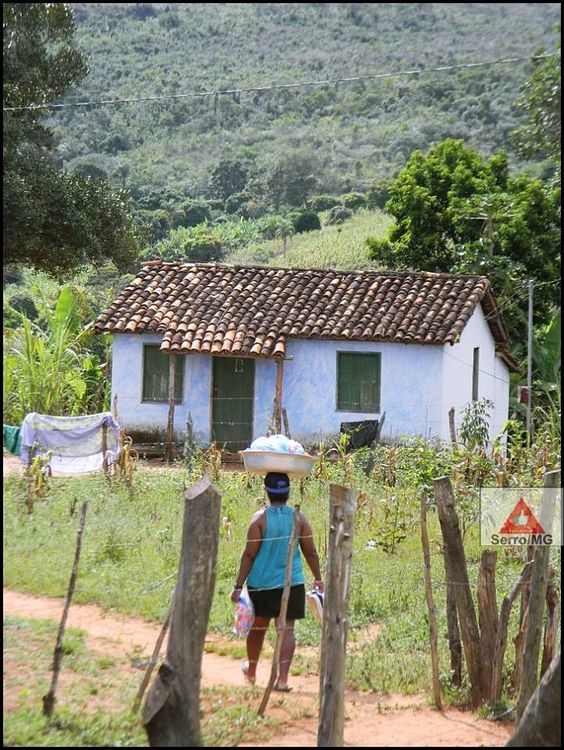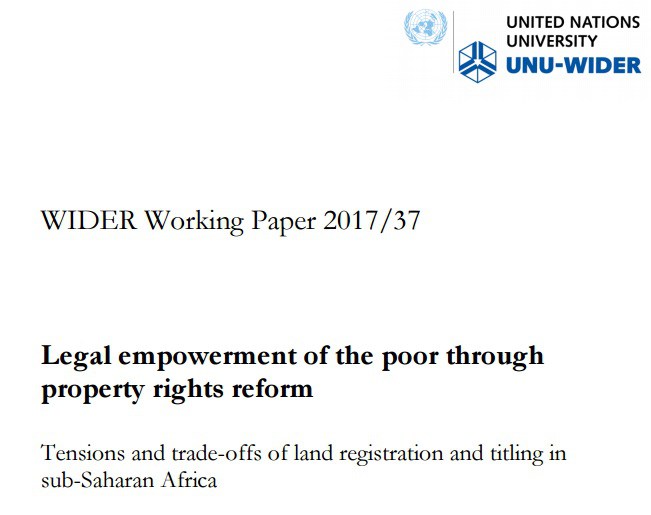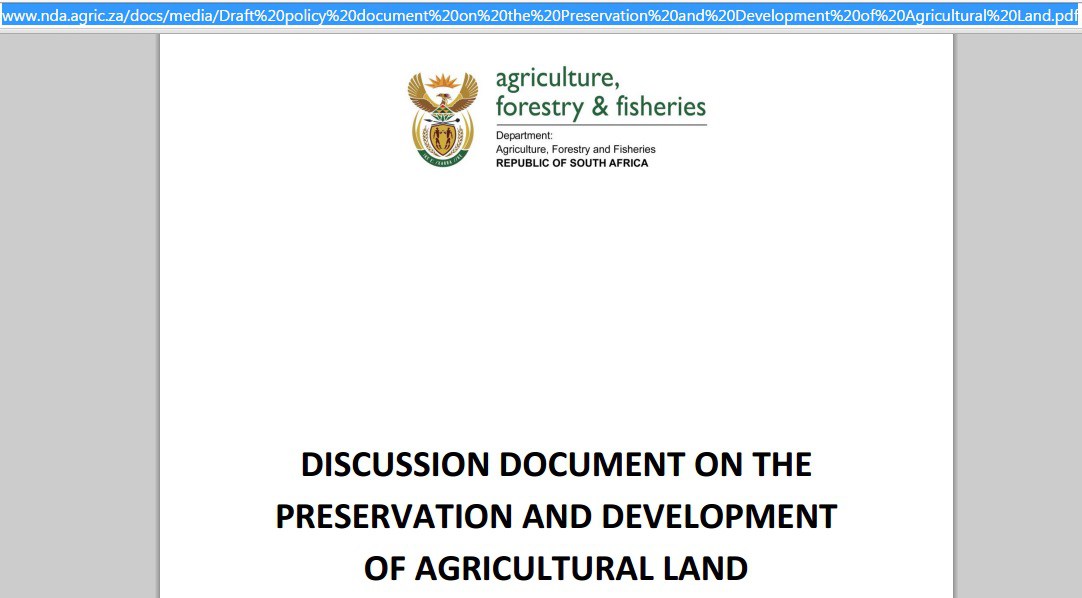HIV/AIDS and its impacts on land tenure and livelihoods in Lesotho: comments on Lesotho country study
This paper addresses the amelioration of the impact of AIDS on land tenure and livelihoods. The author argues that, in Lesotho, land policy development should be informed by the status of community support and welfare for those infected and affected by HIV/AIDS. He offers three main policy recommendations as follows: Land administrators should be fully informed about the epidemic and various legislations that govern the rights of the affected households. This will help to ensure uniform implementation of measures to support affected households.


